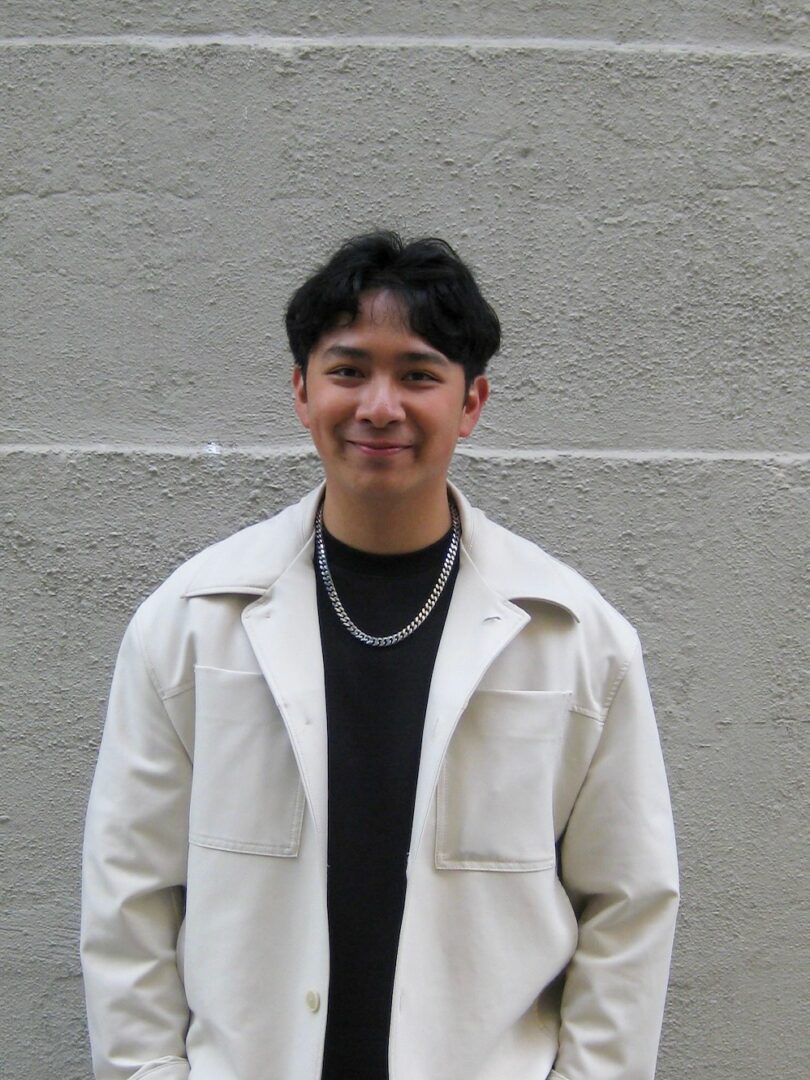We recently had the chance to connect with Jia Cheng Hu and have shared our conversation below.
Hi Jia Cheng, thank you for taking the time to reflect back on your journey with us. I think our readers are in for a real treat. There is so much we can all learn from each other and so thank you again for opening up with us. Let’s get into it: Have you ever been glad you didn’t act fast?
Absolutely—recently, actually.
We live in a world that moves fast. Everything’s changing: trends, opportunities, even how people think. And I have no doubt on that mindset—go faster, work harder, keep up or fall behind. I kept telling myself things like “I need more pieces for my portfolio” and “The hiring season’s almost over,” and ended up working five extra hours every day after my full-time job.
At first, I thought that’s just what it takes. But soon I was getting sick every month and constantly felt drained. Worse than that, the quality of my work started slipping. About 2 months ago, I rushed to post an artwork that I knew wasn’t ready—like, it still had obvious flaws but somehow, I did not see them. I just wanted to keep up my online presence, which is a big mistake. It got criticized for being careless and unprofessional. That moment stung, but it taught me something really important.
That was the turning point. I realized that being fast doesn’t always mean being effective. I started slowing down to give myself time to step away, then revisit a piece with fresh eyes. I began noticing little things I would’ve missed, and gradually, I feel more satisfactions during the production, and more confident to share them to people. More thoughtful. More complete.
That experience reminded me why I started making art in the first place—not just to chase opportunities, but to create things I’m proud of. What makes it more inspiring is that slowing down helped me speed up in the long run—because I stopped wasting energy fixing rushed mistakes.
So yes, I’m very glad I didn’t always keep acting fast. That pause brought me back to what matters.
Can you briefly introduce yourself and share what makes you or your brand unique?
Hi! I’m a 3D artist who’s deeply passionate about modeling all kinds of things, from realistic to stylized, from characters to environments.
What I enjoy the most is turning everyday objects around me into detailed, realistic 3D models. There’s something really satisfying about studying how things are built in real life, then recreating them in digital form with care and precision. I recently tried to build a wristwatch, a keyboard, or even a messy office desk, I love to look for the subtle imperfections that make them feel real.
At the same time, I enjoy using lighting and color to express my personal style. Lighting to me is more than just making things visible, but also a storytelling tool. I like to adjust and find balance between realistic lighting setups and my own artistic mood, creating renders that feel grounded yet emotionally expressive.
My work is all about blending technical detail with atmosphere. Right now, I’m building a portfolio that showcases this mix—modeling objects I personally connect with and presenting them in scenes to show my understanding of real-life lighting.
Okay, so here’s a deep one: What’s a moment that really shaped how you see the world?
One moment that truly shaped how I see the world came from reading a book called The Purpose Driven Life by Christian pastor Rick Warren.
There was a simple yet powerful line that stuck with me: “Don’t say ‘That’s just the way I am’ as an excuse not to change.”
That hit me hard. I realized I had fallen into that mindset before—telling myself I’m just not good at certain things, or that I’m simply not the kind of person who can solve my own problems or grow into a better version of myself. But the truth is, that way of thinking only keeps you stuck.
Since then, I’ve made efforts to stay open to change. Whether it’s owning my mistakes and learning from them, handling criticism with a better attitude, or pushing myself outside my comfort zone, I try to remind myself that growth begins with the belief that I can change.
That shift in mindset has helped me not only as an artist, but also as a person—it’s made me more adaptable, more curious, and more willing to evolve.
What did suffering teach you that success never could?
There’s a verse that’s stayed with me through a lot of ups and downs: “All things work together for good.”
It reminds me that nothing in life—good or bad—happens without purpose. Even the hardest moments can be shaping us in ways we don’t see yet.
Success can be encouraging, but it doesn’t always teach you much. Suffering, on the other hand, forces you to confront who you really are. It reveals your flaws, your limits, and sometimes your selfishness or pride. But it also pushes you to grow, to reflect, and to build a stronger you.
Some of the most important lessons I’ve learned didn’t come from winning—but more from failing, falling short, or going through something painful. Those moments taught me empathy, patience, and humility in a way success never could.
Next, maybe we can discuss some of your foundational philosophies and views? Is the public version of you the real you?
Is the public version of you the real you?
Not exactly.
In public, I usually come across as cheerful, approachable, and pretty outgoing. I enjoy making connections and being around people. But in private, I’m actually quieter and more introspective. I wouldn’t say I’m shy, but I’m definitely not someone who talks a lot when I don’t feel the need to.
I think I’ve learned to switch between these two modes depending on the situation. My personality shifts slightly depending on who I’m with, and that’s not necessarily a bad thing. It doesn’t mean I’m being fake, it’s more like I’m adapting.
We all respond to our environments in different ways. I’ve come to see it as part of emotional intelligence, being smart and knowing when to open up, when to listen, and how to show up in a way that fits the moment.
Okay, so let’s keep going with one more question that means a lot to us: Are you doing what you were born to do—or what you were told to do?
Doing what one truly loves is a privilege and not always a given, especially in many Asian families where stability and prestige often guide career choices. Unlike the stereotype, my parents gradually shifted away from that mindset. Instead of pushing to become a lawyer or a doctor, they gently asked if pursuing art might be something worth exploring. That simple gesture became a turning point.
What started as a casual interest in drawing during high school slowly transformed into a serious pursuit of creativity. With the supports from my beloved family, it evolved from a hobby into a career as a 3D generalist. It wasn’t about following expectations—it was about being given the space to discover my own passion and eventually turn it into a lifelong career.
Contact Info:
- Website: https://jhu8962.com
- Instagram: jiacheng_art
- Linkedin: https://linkedin.com/in/jia-cheng-hu-8206ba231
- Other: ArtStation: artstation.com/jasonhu
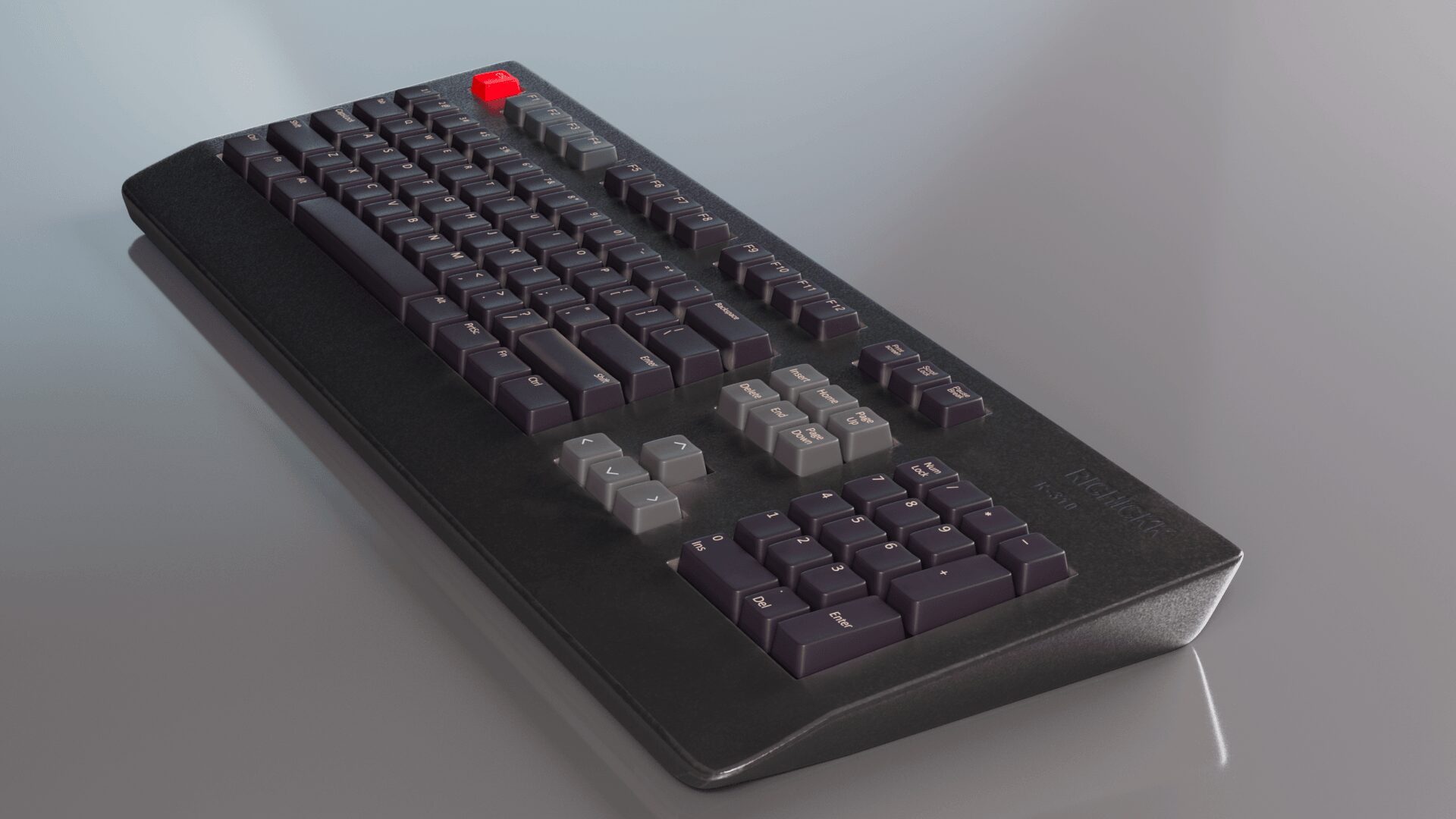
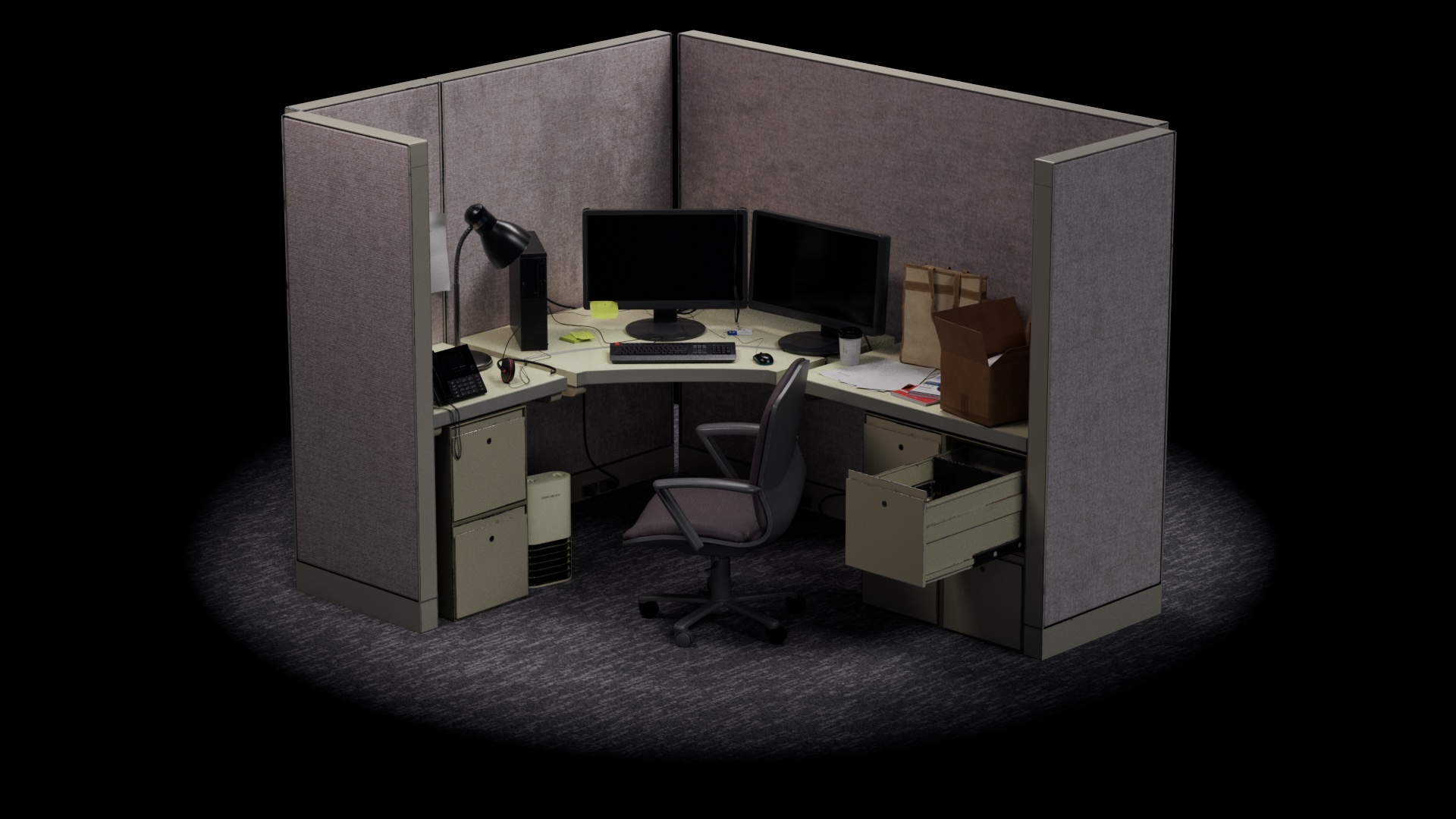
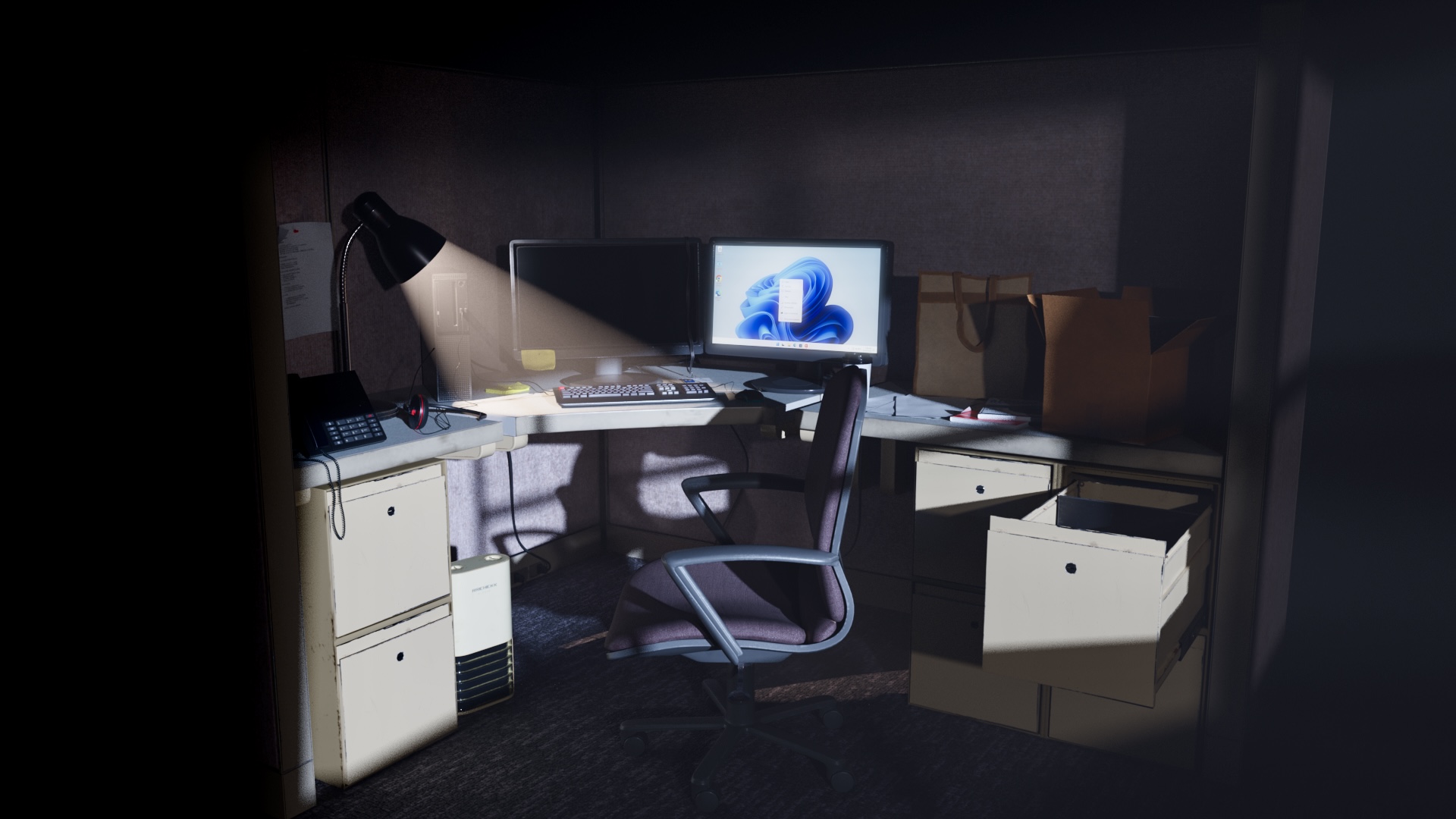
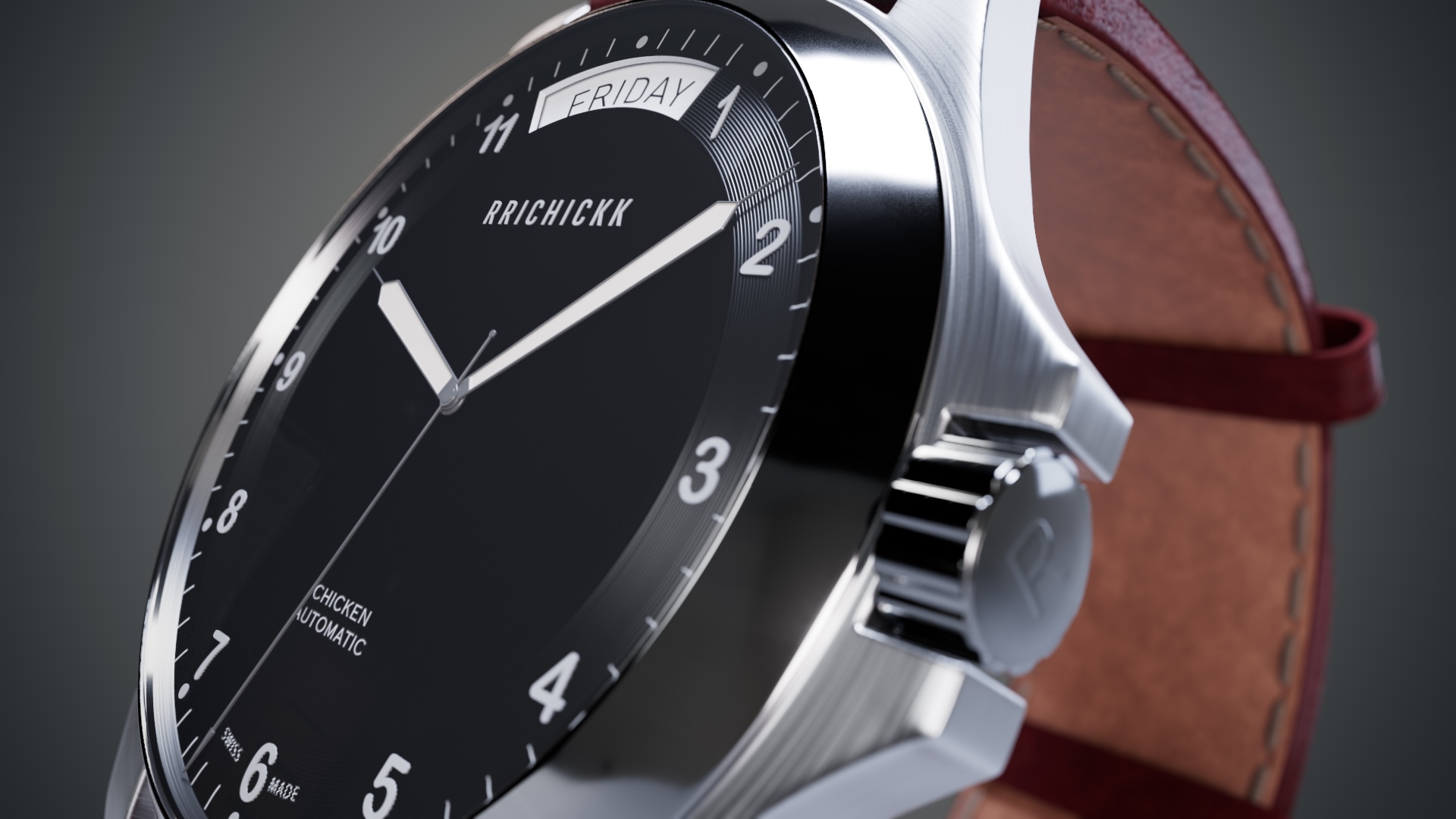
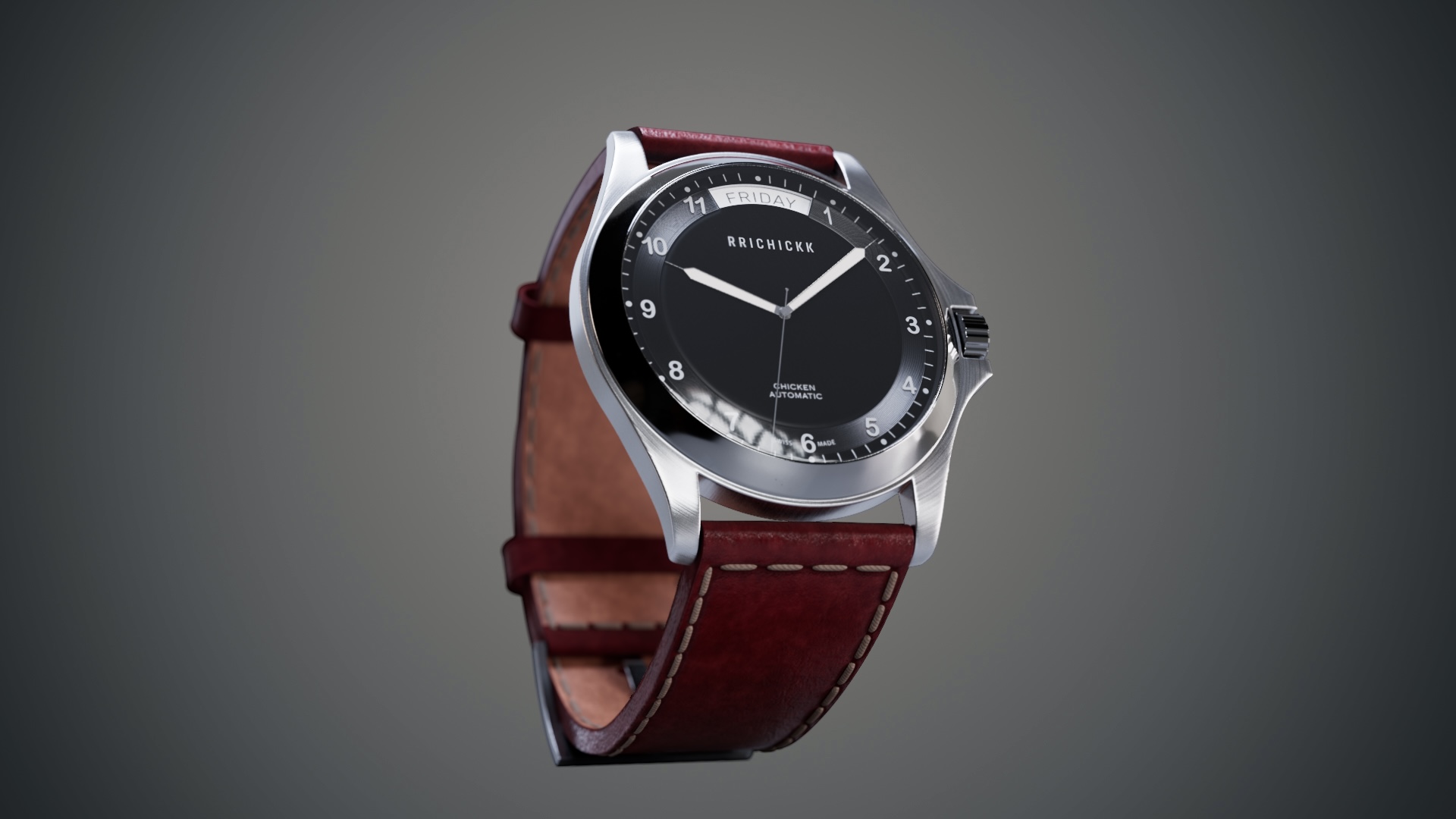
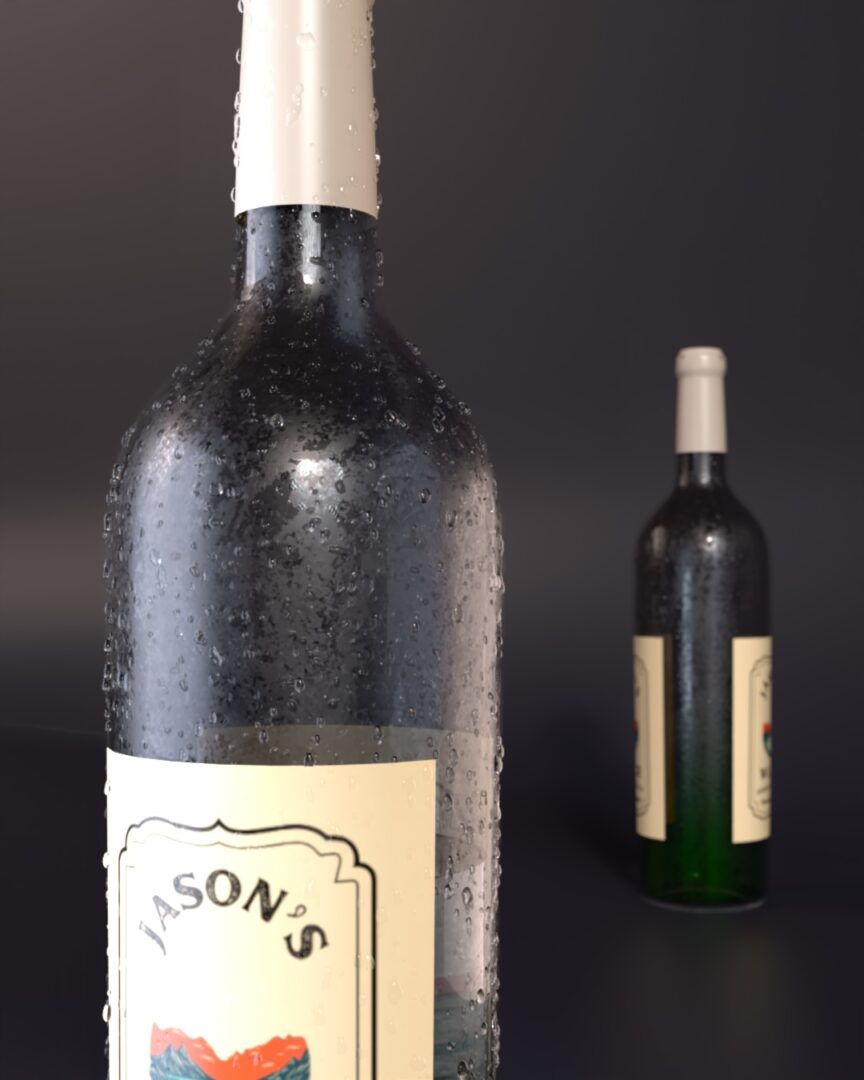
Image Credits
Producer / Artist: Jia Cheng Hu
Software use for productions: Autodesk Maya, Adobe Substance Painter, Foundry Nuke, SideFX Houdini
so if you or someone you know deserves recognition please let us know here.

